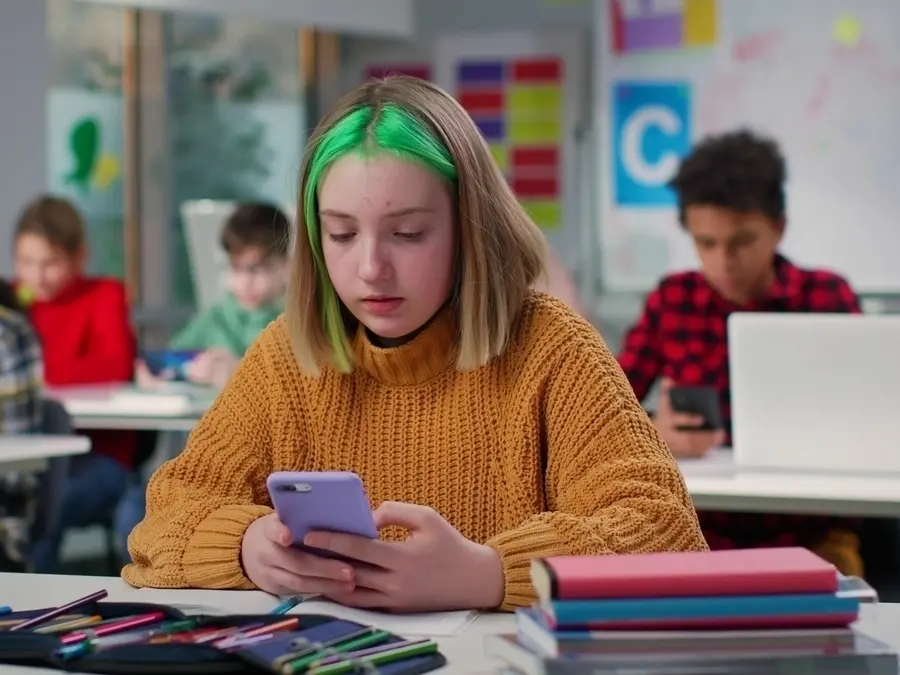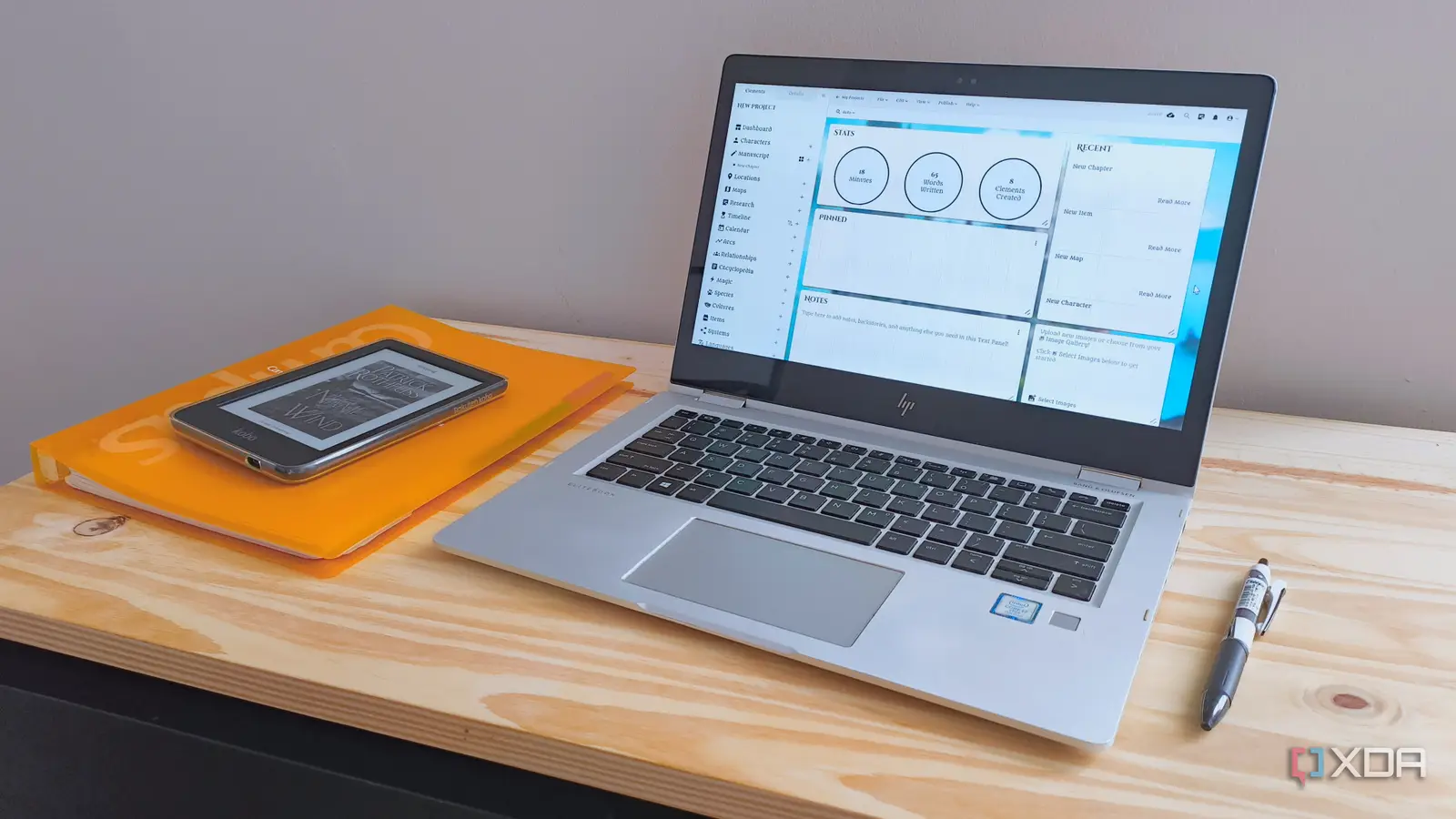
Several parents called for a district-wide cell phone policy, with some advocating for a “bell-to-bell” ban.
PRINCETON, NJ – During the last Princeton Board of Education meeting, parents pushed for comprehensive restrictions on student cell phone use, following recent state guidance and a nationwide movement toward limiting smartphone access during school hours.
Several community members voiced strong support for a district-wide cell phone policy, with some advocating for a “bell-to-bell” ban that would require students to store their phones in pouches for the entire school day, not just during class time.
Brian Levinson, a Princeton parent and high school history teacher in West Windsor, spoke about the negative impact of unchecked smartphone use on student learning and mental health.
“In my experience, I’ve worked in schools now for more than a decade, unchecked smartphone use by teens is just bad for the school community,” Levinson said. “It’s bad for student health, especially mental health, and it’s bad for academic achievement.”
Levinson emphasized that individual classroom policies are insufficient, arguing that new teachers particularly need support from district-wide standards. “When you shift responsibility down to the classroom level, I think you’re doing a particular disservice to new teachers in the district,” he said.
Mary Lundquist, a Princeton parent with three children in the district, echoed these concerns and advocated for comprehensive restrictions that extend beyond the classroom.
“I personally would like to see a bell-to-bell policy that promotes not only more focus in the classroom, but also more connection and focus outside the classroom in between classes,” Lundquist said. She emphasized the importance of allowing children’s minds to wander and develop curiosity without constant digital distraction.
“I prefer not to call it a cell phone ban, but a pro focus, pro play, pro socialization phone policy,” Lundquist said, noting that New Jersey has fallen behind other states in adopting such measures.
Anne Dechter, mother of two Princeton Public Schools students, submitted written comments expressing “strong support for a bell-to-bell cell phone and smartwatch policy,” citing recommendations from the New Jersey Commission on the Effects of Social Media on Adolescents and guidance from the state Department of Education.
Superintendent Mike LaSusa acknowledged the legitimacy of parents’ concerns and revealed that restrictions already exist in the district’s elementary and middle schools.
“Students in our elementary schools and at the middle school where I was today, they’re not walking around with their cell phones. They’re not permitted to have their cell phones out in class. So, there is essentially a bell-to-bell ban,” he said.
However, LaSusa outlined significant practical challenges to implementing a comprehensive ban at Princeton High School, which serves approximately 1,500 students in a building originally designed for far fewer.
“Trying to have 1500 kids enter their phones into a sealable pouch or remove them from a sealable pouch in the beginning of the day and the end of the day requires a lot of work and expense,” he explained.
The superintendent also noted enforcement difficulties, including students bringing “burner phones” or multiple devices, and the challenge of monitoring compliance throughout the day.
Despite these obstacles, LaSusa acknowledged the harmful effects of excessive phone use.
“It’s irrefutable that heavy cell phone and social media use is terrible for children,” he said, adding that he would support the strongest possible restrictions if practical concerns could be addressed.
Student representative Ash Neiman offered a different perspective, suggesting that many students would support phone pouches during class but not a full bell-to-bell ban. “Having a bell-to-bell ban doesn’t provide an environment where we’re teaching kids how to manage having it on their person and also being able to learn and be separate from it,” Neiman argued.
The student representative warned that complete prohibition during school hours might lead to increased phone use at home, suggesting instead that schools should help students develop healthy self-management skills while still having access to their devices between classes.
LaSusa indicated that the issue would be brought to the board’s policy committee for further discussion, involving administrators who would be responsible for implementing any new guidelines.



